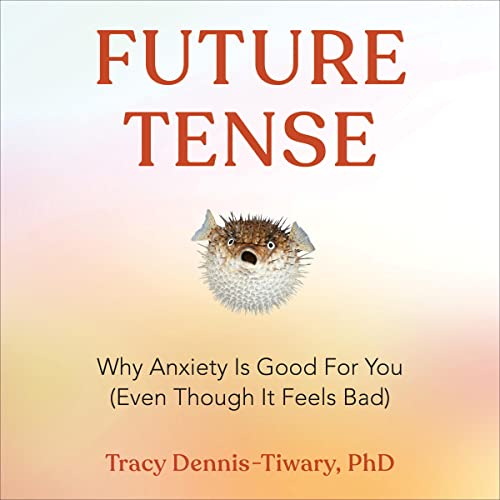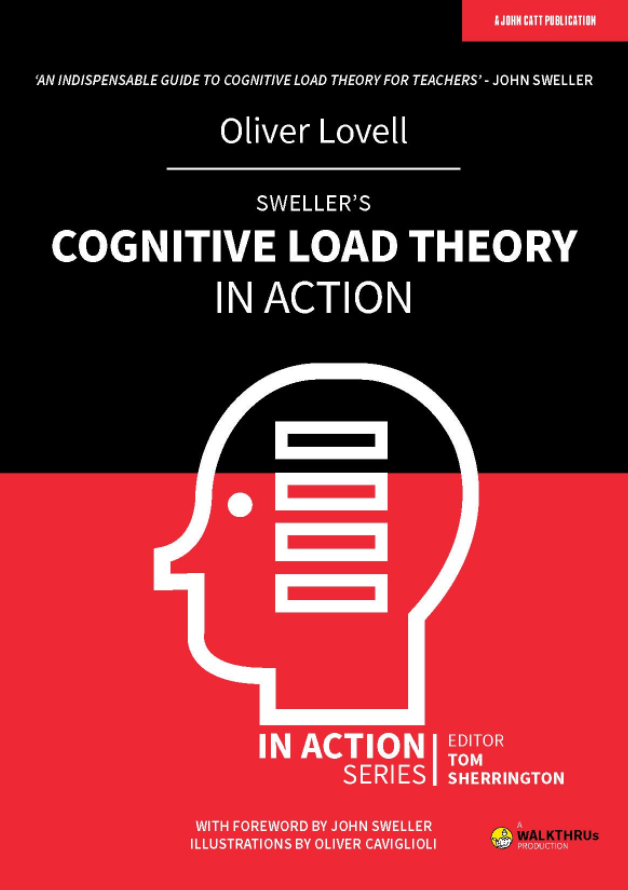Tags
ADHD adolescence attention autism book review book reviews boundary conditions classroom advice conference speakers constructivism/direct instruction creativity desirable difficulty development dual coding elementary school embodied cognition emotion evolution exercise experts and novices gender high school homework intelligence long-term memory math methodology middle school mindfulness Mindset motivation neuromyths neuroscience online learning parents psychology reading retrieval practice self-control skepticism sleep STEM stress technology working memoryRecent Comments
- Book Club Materials for Just Tell Them – Education Rickshaw - Metro Health News on Just Tell Them: The Power of Explanations and Explicit Teaching...
- How to Present at a Conference... |Education & Teacher Conferences on Enjoyment or Skill? The Case of Reading
- How to Present at a Conference... |Education & Teacher Conferences on Do *Goals* Motivate Students? How about *Feedback*?
- Roberta on Seriously: What Motivates Teachers to Be Funny?
- Revisiting the "Handwriting vs. Laptops" Debate: More Moving Goalposts |Education & Teacher Conferences on Handwritten Notes or Laptop Notes: A Skeptic Converted?
ABOUT THE BLOG

How Students (Think They) Learn: The Plusses and Minuses of...
As the school year begins, teachers want to know: can mind/brain research give us strategies…

Future Tense by Tracy Dennis-Tiwary
Being that approximately 20% of US adults have reported having an anxiety disorder in the…

How To Make Sure Homework Really Helps (a.k.a.: “Retrieval Practice...
Most research focuses narrowly on just a few questions. For instance: “Does mindful meditation help…

The Best Book on Cognitive Load Theory: Ollie Lovell to...
Teaching ought to be easy. After all, we have a functionally infinite amount of long-term…
Posted in Book Reviews, L&B Blog
Tagged classroom advice, cognitive load theory, working memory
Leave a comment
